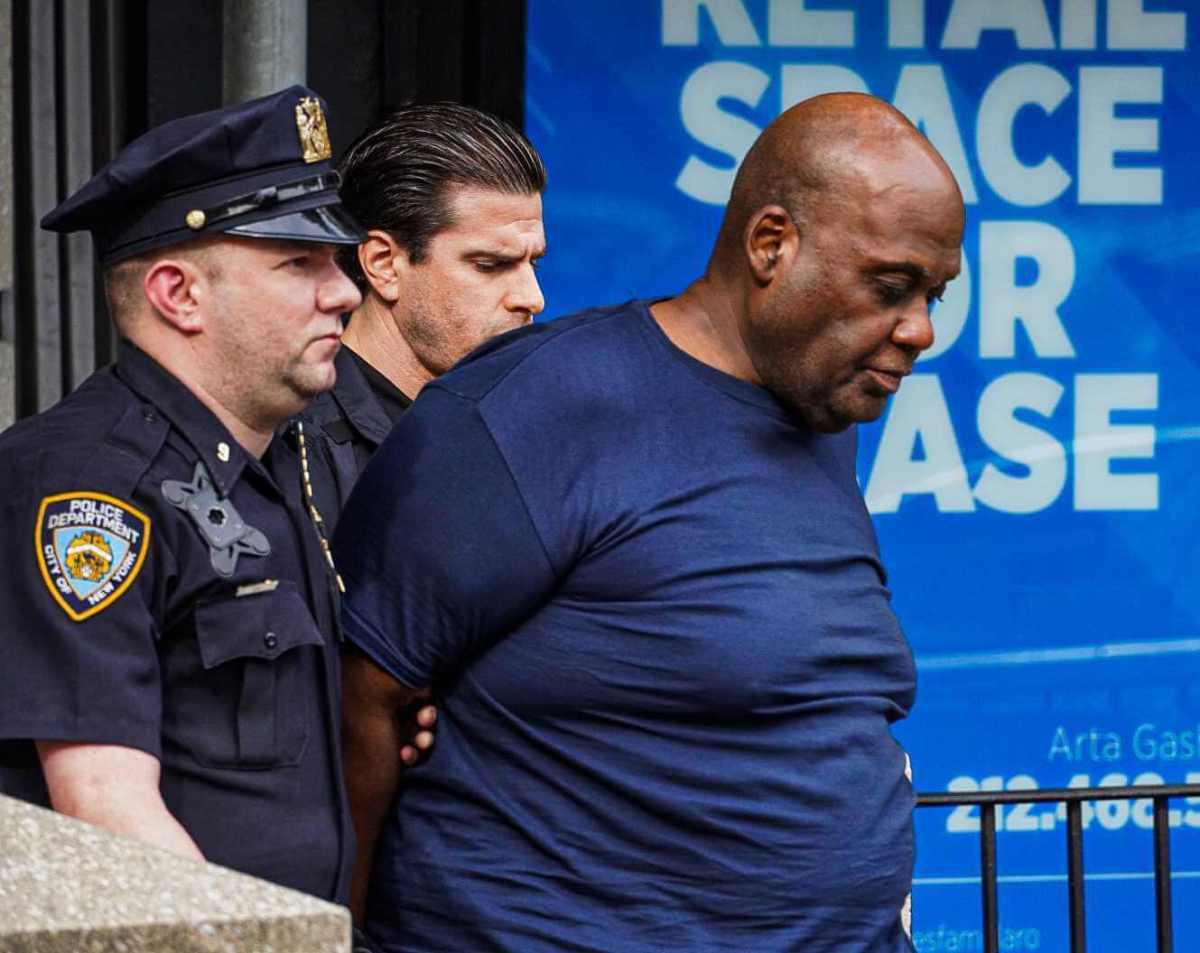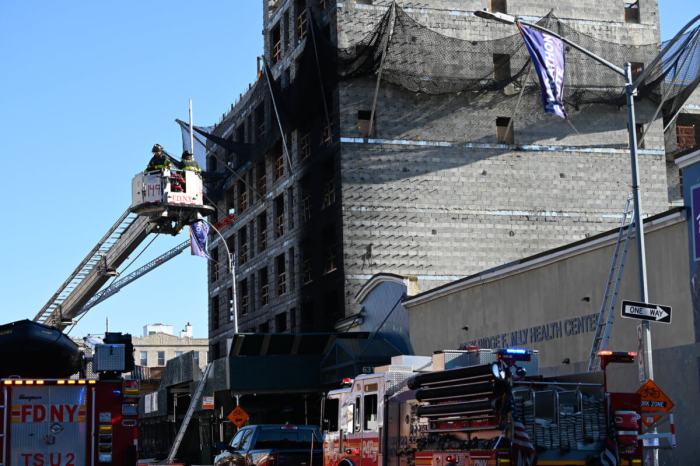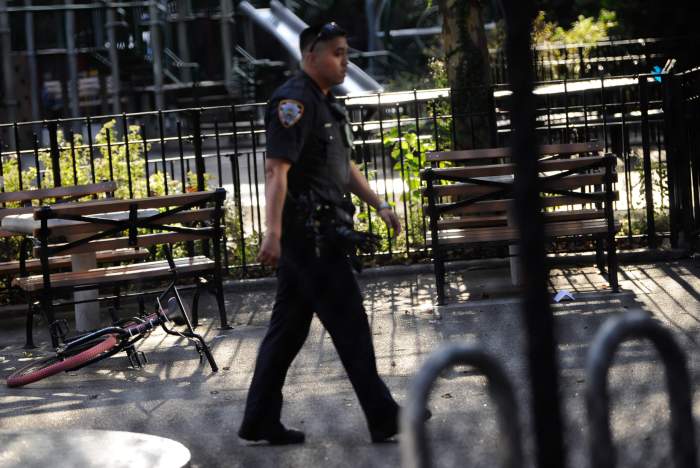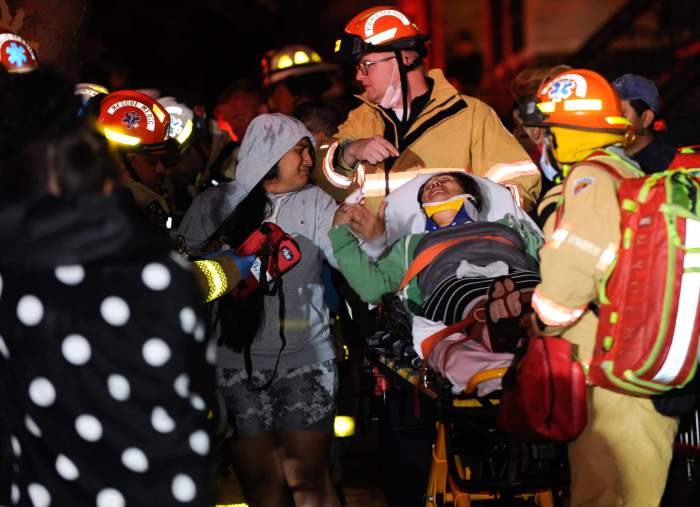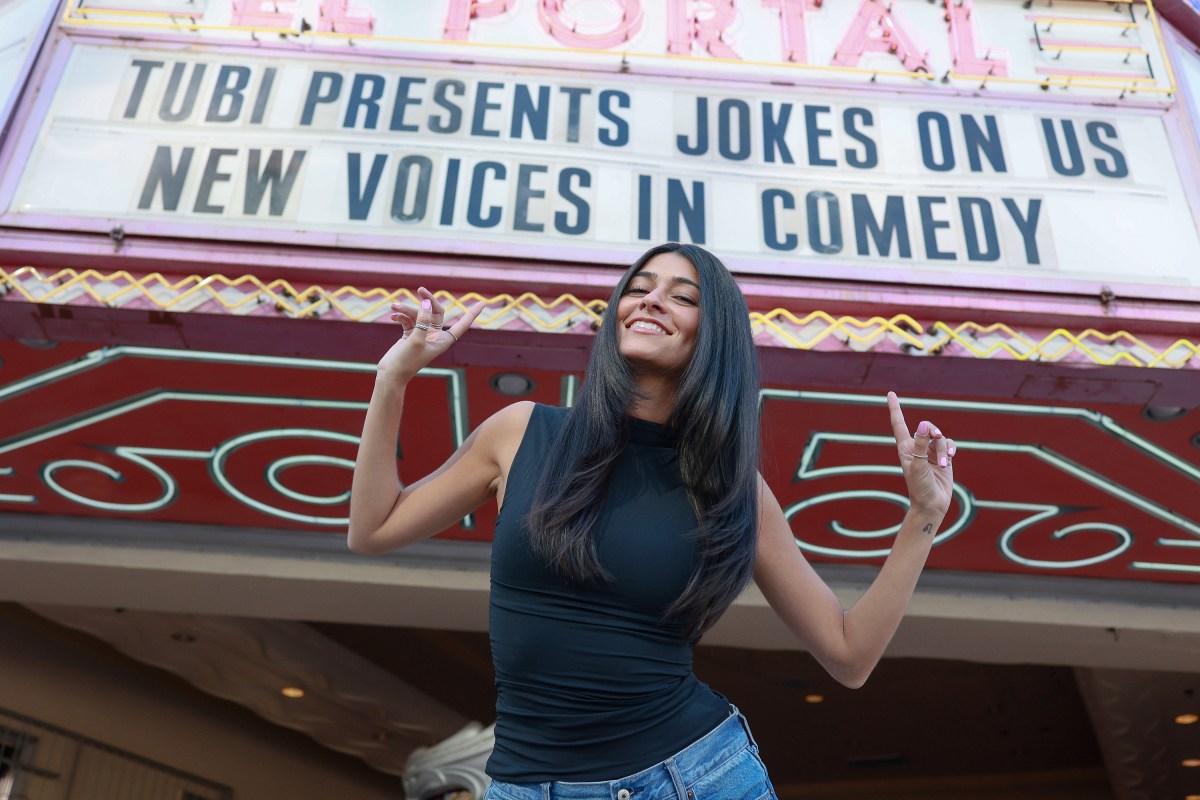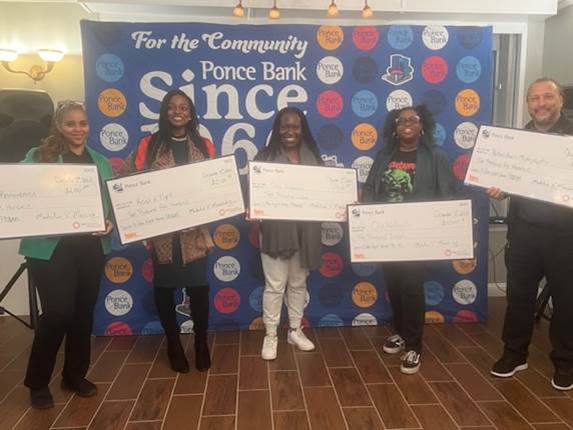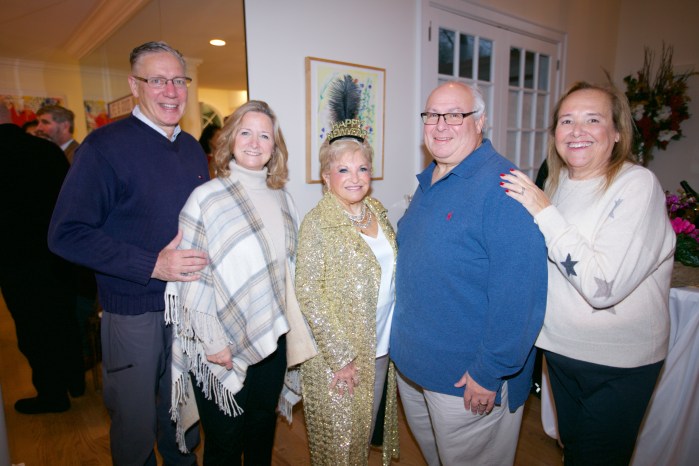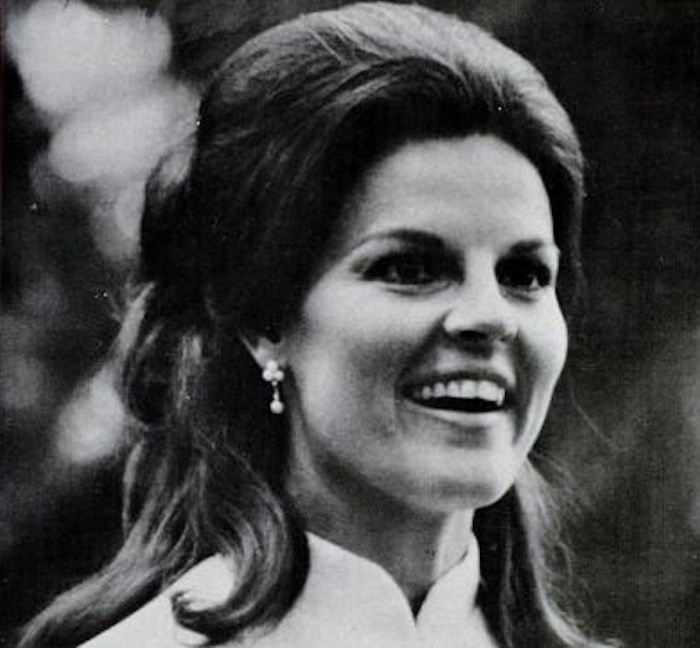Lawyers for Frank James, the primary suspect of the April 12 mass shooting on a rush hour N train in Brooklyn, want a judge to toss from evidence an interview he gave police soon after his arrest, where he voluntarily told cops he was a passenger on the train where the attack took place.
Federal prosecutors from the Eastern District of New York filed a motion opposing the call by James’ appointed counsel, the Federal Defenders of New York, to strike from the record an interview the alleged attacker gave investigators at the 9th precinct soon after his arrest. The feds say James unpromptedly told cops “I was on the train” and after a follow-up from an investigator, said, “I was on the train when whatever happened, happened.”
James’ lawyers say the potentially incriminating statement, where the suspect places himself at the scene of the crime, is inadmissible evidence for James’ upcoming trial — scheduled to start Feb. 27, 2023 — because he had not yet been read his Miranda rights to remain silent and to an attorney. James repeatedly demanded the presence of a lawyer during the interrogation.
On the flip side, the government says James’ interrogation statements are admissible in court due to a “public safety exception” to Miranda, arguing the suspect volunteered incriminating information when police were only asking him about immediate potential threats to public safety, like hidden caches of explosives or if he had any co-conspirators.
Investigators later Mirandized James and asked him further questions. But prosecutors say they only intend to introduce the 4 minutes of interrogation pre-Miranda as evidence at trial.
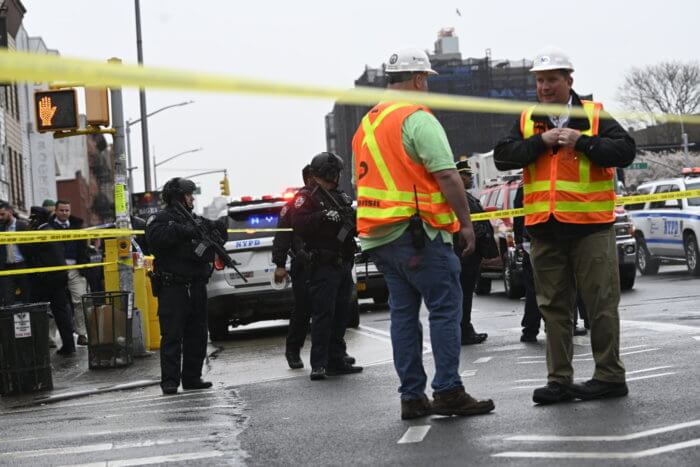
James, 63, has pled not guilty to federal charges including terrorism in connection to the mass shooting at the 36th Street subway station on April 12, which resulted in injuries to 29 straphangers, including 10 by gunshot wounds. He could face the rest of his life in prison if found guilty.
The defense team is also trying to prevent the government from calling up a potentially key witness, who described James’ appearance on video in the moments after the terrifying attack. The unnamed witness was in the same train car as James during the attack and took a cell phone video after the train arrived at the Sunset Park train station; in the video, the witness gave a description of the perpetrator to MTA employees where he noted the attacker was orange, prosecutors say. The actual video has not been released.
After being taken to the hospital, the witness told police and federal agents that a man matching James’ description had warned him from sitting in the adjacent seat due to the presence of “piss.” The man was wearing an orange vest and had a suitcase and bag with him. The man yelled “oh, s**t” as a smoke canister fell to the floor and caused the car to fog up.
When shown earlier surveillance video of James entering the subway system, wearing a construction worker uniform and carrying a black suitcase, the witness positively identified him as the same man he had interacted with on the train.
James’ attorneys say calling the witness to the stand would violate his due process rights, positing that police had lured the victim into positively ID’ing someone cops were already pursuing as a suspect. The government argues the witness kept their story straight throughout questioning and was in a unique position to view a profile of the attacker.
The parties will be back in court for a status conference on Thursday, Dec. 8, where presiding Judge William Kuntz will likely rule on the motions. James’ public defender, Mia Eisner-Grynberg, did not respond to a request for comment.
Prosecutors also filed a motion opposing James’ request to move his trial from Brooklyn to Chicago, ridiculing his contention that public officials and the media have created an environment inhospitable to finding a fair and impartial jury. The defense commissioned a poll purported to find widespread presumption of guilt among a Brooklyn jury pool, but the prosecution says there’s still millions of people in the Eastern District who could act as impartial jurors, and say some of the poll’s methodology was dubious.



